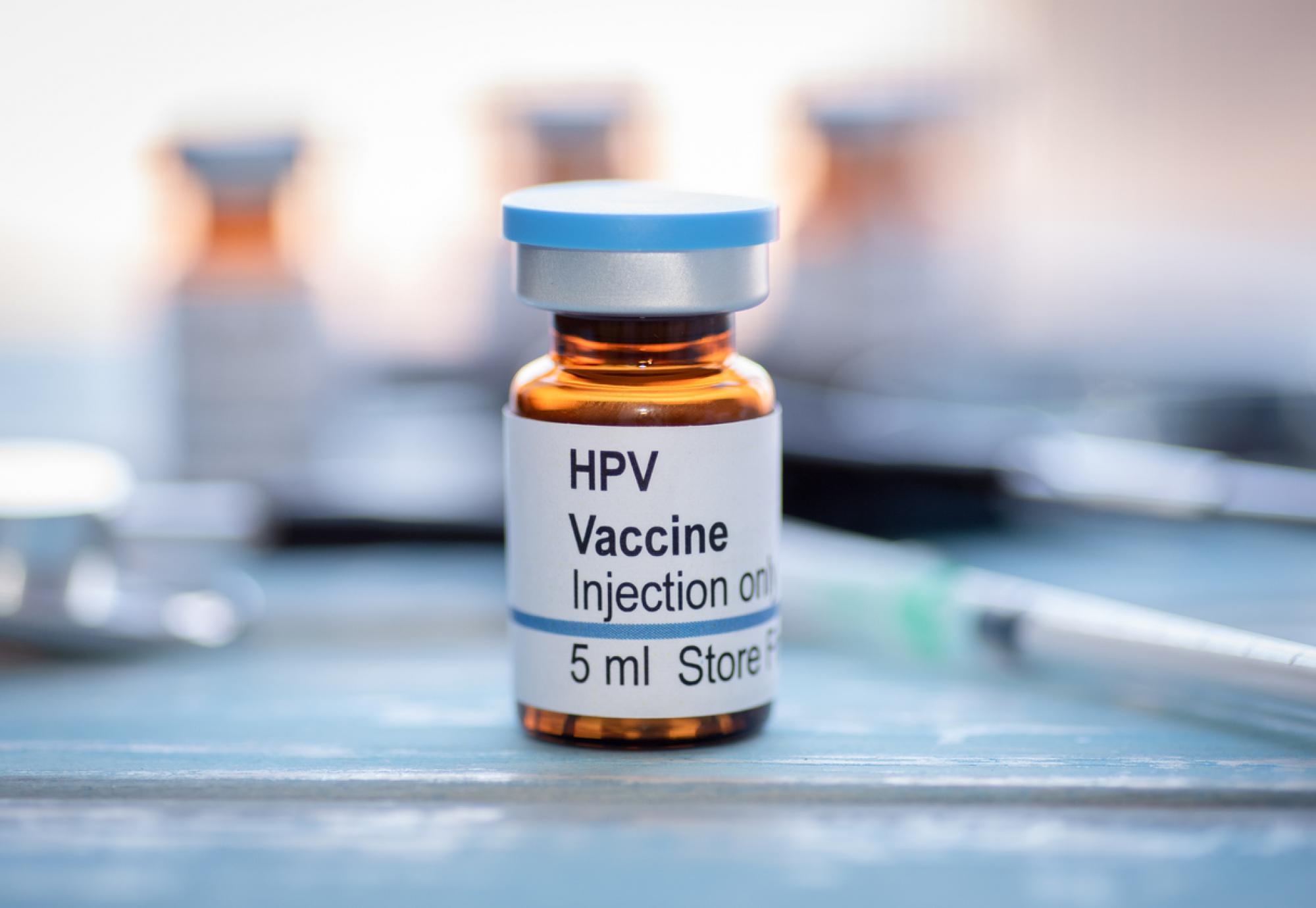Patients are being encouraged to get the HPV vaccine as the NHS looks to meet its pledge to eliminate cervical cancer by 2040.
NHS England (NHSE) says its 2040 target relies on as many young people getting the HPV vaccine as possible, as well as increasing uptake of screening across the country.
The HPV vaccine protects people from a range of cancers – including cervical, head and neck, as well as anal and genital – but new figures show that one in six girls and one in five boys are not fully vaccinated by year 10.
UK Health Security Agency (UKHSA) statistics for the 2022/23 academic year indicate that uptake for boys and girls has increased in year 8 compared to 2021/22. It has dropped, however, for years 9 and 10.
“The successful HPV vaccination programme already helps save thousands of lives…” – Steve Russell
The NHS is therefore urging young people and parents of 12 and 13-year-olds to make sure they consent to having the vaccine. The HPV vaccine is offered to all 12 and 13-year-olds in schools and community clinics.
NHSE’s director of vaccinations and screening, Steve Russell, said: “The successful HPV vaccination programme already helps save thousands of lives, but through increasing uptake in young people alongside boosting the numbers coming forward for cervical screening, the NHS in England hopes to eliminate cervical cancer by 2040.”
He continued: “Today’s figures show that at the end of this academic year, over 500,000 girls and boys have been vaccinated with a dose of protection against the virus by the end of year 10, however, there are over 50,000 girls and over 70,000 boys in year 10 who were unvaccinated against HPV”.
The health service’s HPV vaccination programme changed to just one dose instead of two last year for most under 25s.
“The HPV vaccination programme is one of the most successful in the world…” – Dr Vanessa Saliba
NHSE says that it also hopes to boost uptake of routine cervical screening, which a third of women do not do currently. Self-sampling will be trialled to determine whether it could be introduced as part of national screening too.
Consultant epidemiologist at UKHSA, Dr Vanessa Saliba, commented: “The HPV vaccination programme is one of the most successful in the world with millions of doses given since it started in 2008.
“It has dramatically lowered the rates of cervical cancer and harmful infections in both women and men – preventing many cancers and saving lives. All girls and boys in Year 8 are eligible for the HPV vaccine and evidence now shows that one dose gives excellent protection.”
Previous research from Jo’s Cervical Cancer Trust estimates that the average NHS cost per person diagnosed at stage 2 or later is £19,261, compared to £1,379 for those diagnosed at stage 1.
Monday 22 January to Sunday 28 January 2024 is cervical cancer prevention week.
Image credit: iStock



















